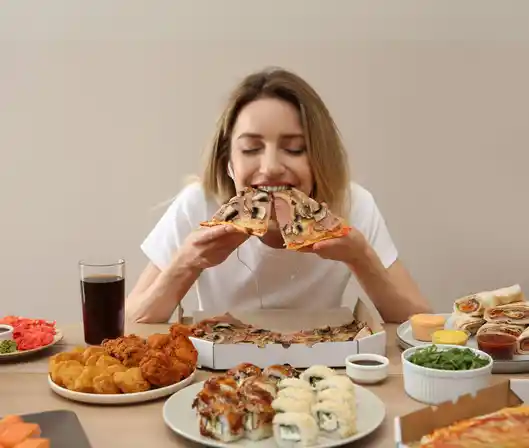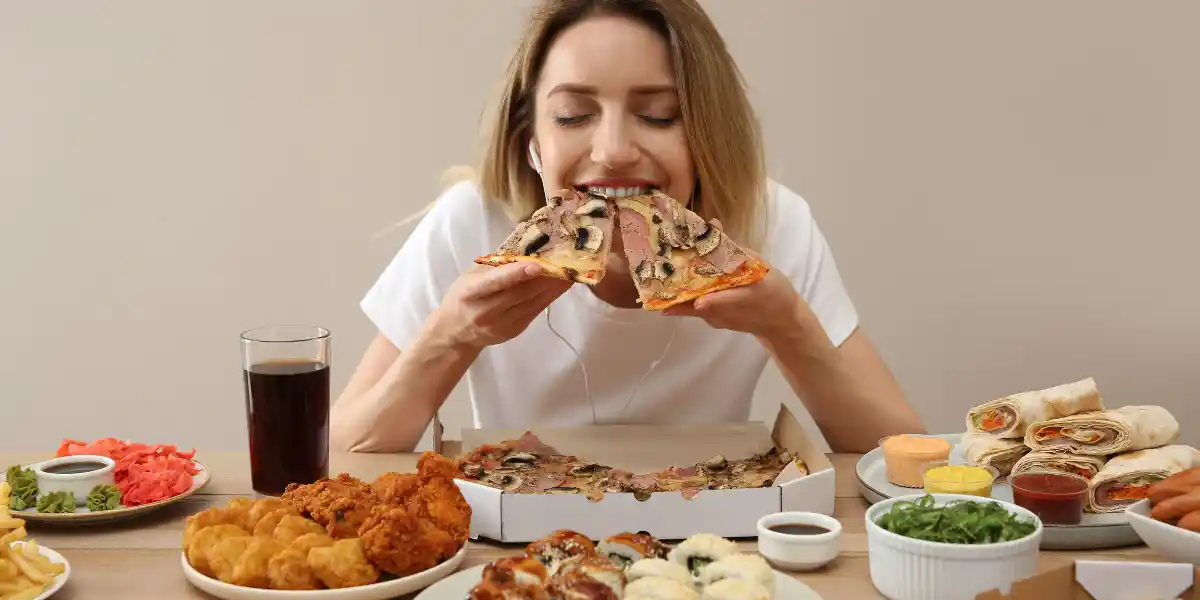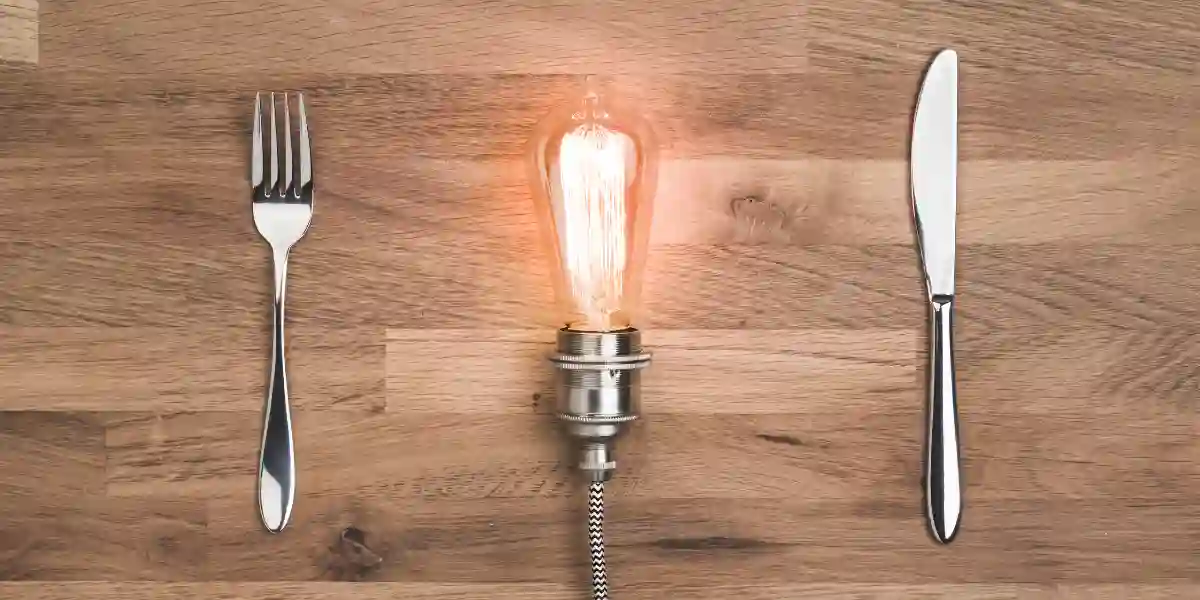


You know the scene. You’ve had dinner and you’re full. But, you’re standing in front of the fridge (again) eating cheese straight off the knife. Or on the couch with your second bowl of popcorn. You’re not hungry, not physically, but you also… kind of are.
It can feel confusing, frustrating, and out of control. It might also be embarrassing or feel quite lonely.
This is emotional eating
It definitely doesn’t mean you’re broken or weak or doing life wrong. It just means you’re human, and that you’re (probably unconsciously) having trouble coping with some feelings.
So, why do we eat when we’re not hungry, and even when we’ve promised ourselves we won’t?
It’s because right from when we’re babies, food is comfort, distraction, reward, rebellion, relief, and so much more.
Basically, eating helps us when we don’t want to feel what we’re feeling. It covers over the hurt, pain, disappointment, or boredom with some kind of comfort. Often, we don’t even realise we’re doing it. We just know that life feels a bit much and somehow the spoonfuls of peanut butter make it feel just a little bit better.
A little brain science:
When we eat, especially carbs or sweet/fatty foods, our brains get a hit of feel-good chemicals like dopamine and serotonin. They’re the ones known for making us feel rewarded or happy. So eating is soothing and it works (for a bit).

That’s why you might reach for chocolate after a hard day or snack your way through a stressful afternoon. Your brain is trying to help you regulate, even if it’s not the most helpful long-term strategy.
It makes sense. We learn early on that food equals comfort. Birthday cake = celebration. Ice cream = cheering up. Biscuits = grandma’s house. It’s not just about biology; it’s emotional memory, too.
So if you’re using food to cope, you’re not failing, you’re just using the tools you’ve got.
But... it can backfire
The tricky part is, emotional eating can become a stuck pattern. We eat to soothe → feel temporarily better → then feel worse → then eat again to soothe. And round we go.
Sometimes it’s not even about a “big emotion.” It’s just a kind of blank, disconnected feeling like a bit bored, a bit tired, a bit meh. Emotional eating doesn’t always come with fireworks. Sometimes it’s just a quiet, unconscious slide into the cupboard.

Try this instead:
Next time you notice yourself reaching for something and you’re not physically hungry, pause for just a moment (no shame, no guilt). Ask:
– “What am I really needing right now?”
– “Is there something I don’t want to feel?”
– “What would actually feel nourishing?”
You don’t have to stop yourself eating. That’s not the goal here. The goal is to get curious and start noticing. From that place, change becomes possible.
You’re not alone
Almost everyone emotionally eats sometimes. Some of us do it a lot. It doesn’t make you weak or bad or broken. It just means you’re human, living in a world where stress is high, rest is rare, and food is one of the few comforts that’s always within reach.
If emotional eating is causing you distress or interfering with your life, you don’t have to struggle alone. You don’t need a diagnosis or to wait until it’s “bad enough” to deserve help. I work with people to gently explore their relationship with food and emotions with compassion, curiosity, and no judgment.
If you’re ready to better understand your relationship with food and build healthier, more compassionate habits, reach out today to begin the support you deserve.

FAQs, About Emotional Eating and Why We Eat When We’re Not Hungry
What is emotional eating?
Emotional eating refers to using food as a way to cope with emotions rather than to satisfy physical hunger. It’s a common, human response to stress, boredom, sadness or even celebration.
Why do I eat even when I’m not hungry?
You might be using food for comfort, distraction or emotional regulation. From early childhood, many of us associate eating with soothing or reward—making it a go-to coping mechanism.
Is emotional eating a sign of an eating disorder?
Not necessarily. Emotional eating is common and not always linked to an eating disorder. However, if it’s causing distress or interfering with your wellbeing, it may be worth exploring with a mental health professional.
What’s the link between food and emotions?
Certain foods, especially those high in sugar or fat, trigger feel-good chemicals like dopamine and serotonin in the brain. This creates a short-term soothing effect that can become a habitual way to manage difficult emotions.

